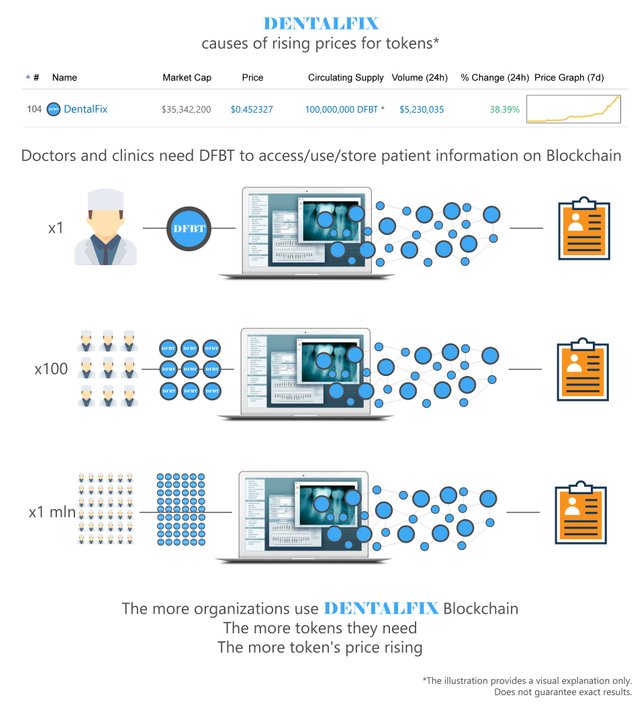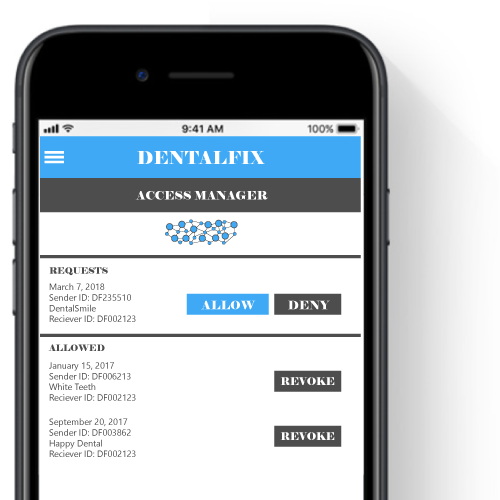
First — let’s learn a little bit about tokens itself.
There are a few types of tokens:
Usage tokens
A token that is required to use a service. are based on services where ownership is required to use the service. Bitcoin and Ether are the best examples of usage tokens — token ownership does not give you any specialized rights within the network, but it does give you access to the service (the Bitcoin payment network and the Ethereum Virtual Machine in the case of BTC and ETH). Scarce tokens combined with a useful service can create massive value for token holders and entrepreneurs.
Work tokens
A token that gives users the right to contribute work to a decentralized network or DAO (wether on blockchain level or smart contract level) and earn in exchange for their work. These tokens give individuals rights to contribute work to a DAO (and earn value) to help it function properly. That work can be serving as an oracle (in the case of Augur), being the backstop in a collateralized debt system (in the case of Maker), or securing the network (in the case of Ethereum when it switches to proof of stake).
These two types are not mutually exclusive and there are tokens that serve as both usage tokens and work tokens. An example of a token with both characteristics will be ETH when Ethereum transitions from proof of work to proof of stake. Another way to differentiate between tokes is:
Intrinsic, native or built-in tokens
of blockchains like bitcoin, ether, etc that serve as (a) Block validation incentives (‘miner rewards’), and (b) Transaction spam prevention. The logic behind this is that if all transactions cost some token, it limits the ability to spam.
Application Tokens
With Ethereum, tokens can now easily be issued on the application layer through smart contracts on the Ethereum Blockchain as so called complex dApp tokens or complex DAO tokens.
Asset-backed tokens
that are issued by a party onto a Blockchain for later redemption. They are the digital equivalent to physical assets. They are claims on an underlying asset (like the gold), that you need to claim from a specific issuer (the goldsmith). The transactions as tokens get passed between people are recorded on the Blockchains, and to claim the underlying asset, you send your token to the issuer, and the issuer sends you the underlying asset.
Tokens can be used as:
Token of ownership
Voucher to redeem for physical items on platforms that only permit the sale of digital goods
Software license
Stock certificates
Access rental cars or other vehicles
Ticket or access pass (party, concert, amusement park, ect. )
Automated road and bridge tolls
Access recording studio time, online game, a webcam, a wifi hotspot, toopen a locker or storage unit, to access online storage
Customizable memberships or subscriptions
Pay per use exercise equipment
Crowd funding
Rewards program
Financial Instruments
Bond issuance
Derivatives
As a system of voting
Pay per use/storage/access to an information
In case with DENTALFIX, users (patients and health care organizations) need a special token DFBT to access/transfer/update patient’s information.

And nobody, except the patient, controls his information. So before anybody gets it — patient has to allow this request.

Why do the tokens increasing in price?
The reason is simple: The more users in the system — the more tokens they need.
In Russia, with 140 mln population, about 30% visiting Dental clinics 2–3 times a year. In Europe, with 740+ mln population, about 40% visiting Dental clinics 3 times a year on average. In US, 52.3% of adults reported that they had visited the dentist every six months the last few year.
Combined it is about 488 mln basic information requests a year.

If you have any question, please feel free to join our topic on [Bitcointalk.org] (https://bitcointalk.org/index.php?topic=1999784.) community, [Telegram] (https://t.me/DentalFix_ICO_grp ) channel or [Twitter] (https://twitter.com/DentalfixK).
More about our ICO you can find on our website http://www.che-ss.com/dentalfix-ico/
Hi! I am a robot. I just upvoted you! I found similar content that readers might be interested in:
https://blockchainhub.net/tokens-cryptoeconomics/
Downvoting a post can decrease pending rewards and make it less visible. Common reasons:
Submit